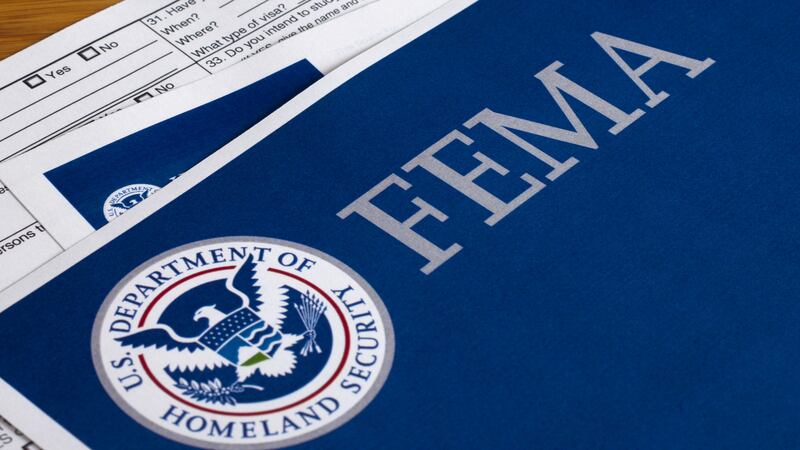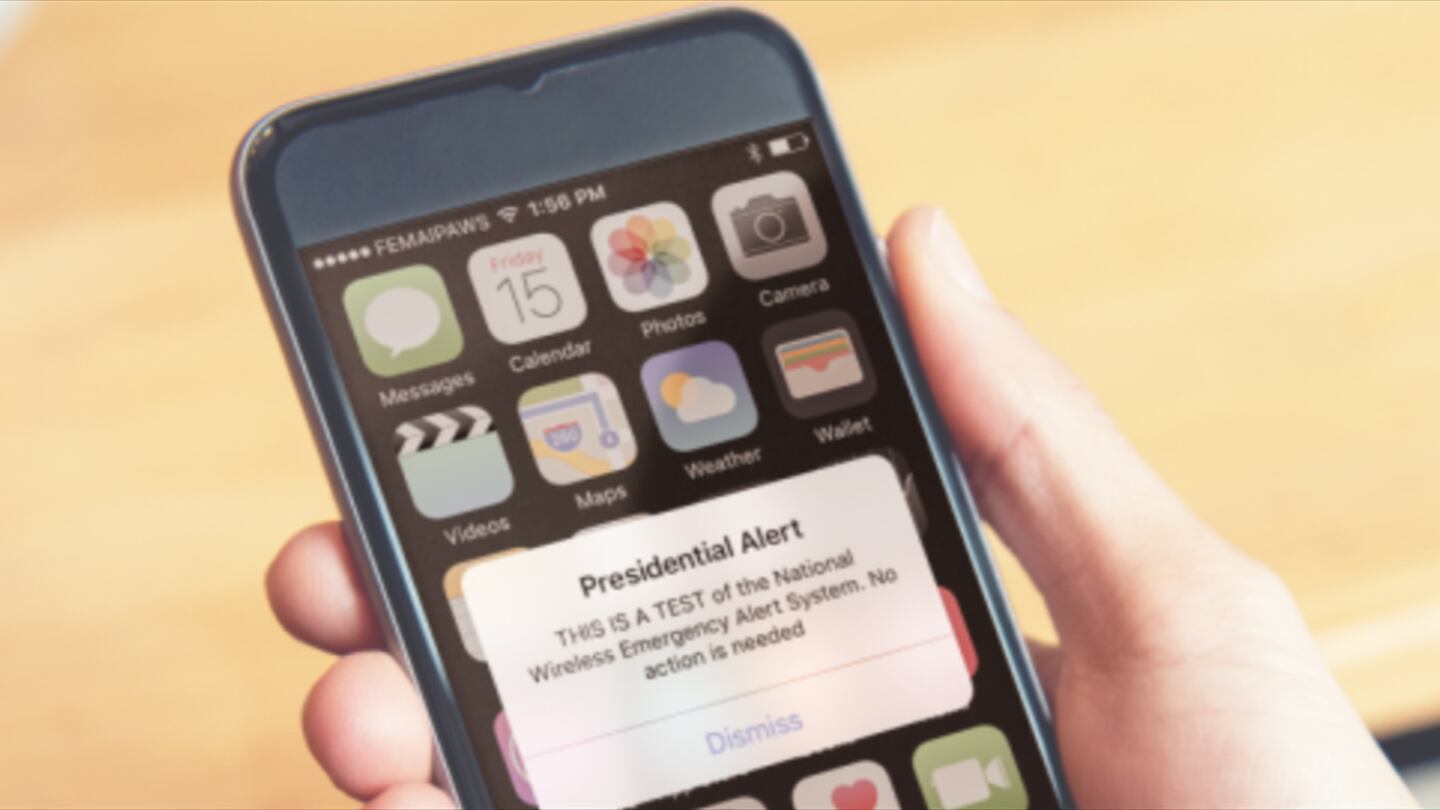The national Emergency Alert System (EAS) and the Wireless Emergency Alerts (WEA) system will be tested today after a nearly two-week delay.
Originally, the Federal Emergency Management Agency was set to test the two emergency systems on Sept. 20, but the test had been rescheduled to the backup date of Oct. 3 due to the impact of Hurricane Florence.
During the IPAWS test, FEMA will send a wireless emergency alert, or WEA, to all cellphones with wireless providers that take part in WEA.
TRENDING NOW:
- Chief says 'hero' banged on doors to save residents from DeLand apartment fire
- South Florida boy, 9, brings gun to school, aims it at classmates, police say
- Beloved Sorrento donkey 'Mr. Walter' to have going-away party
- VIDEO: Georgia high school gootball player dies after being injured during game
Heads up! Your phone, TV and radio could screech this afternoon. Retweet this to get the word out! https://t.co/SUXNQs2qdR pic.twitter.com/mLl9ZdxRzb
— WFTV Channel 9 (@WFTV) October 3, 2018
>>Read: 7 things to know about the 'Presidential Alert' test
Cell towers, according to FEMA, will broadcast the test for about 30 minutes starting at 2:18 p.m. EDT. If a cell phone is powered on, in range of an active tower and the owner's wireless company is taking part, the device will receive a message one time that says: "Presidential Alert: THIS IS A TEST of the National Wireless Emergency Alert System. No action is needed."
REMINDER: Next Wednesday 10/3 at 2:18 PM EDT, we will conduct a nationwide test of the Wireless Emergency Alert system, in coordination w/@FCC. You’ll get a message box on your phone with a tone & vibration. This is not a text & your phone number is not shared with anyone. pic.twitter.com/7gkuWJQoXO
— FEMA (@fema) September 27, 2018
It will have the same tone and vibration that other WEA messages, like those used for tornado warnings and AMBER Alerts, use. Users cannot opt out.
The EAS message will also be tested at the same time and will be broadcast on radio, television stations, cable systems and satellite radio and is expected to last a minute and is similar to monthly emergency alert tests.
The message broadcast will be:
"THIS IS A TEST of the National Emergency Alert System. This system was developed by broadcast and cable operators in voluntary cooperation with the Federal Emergency Management Agency, the Federal Communications Commission, and local authorities to keep you informed in the event of an emergency. If this had been an actual emergency an official message would have followed the tone alert you heard at the start of this message. A similar wireless emergency alert test message has been sent to all cell phones nationwide. Some cell phones will receive the message; others will not. No action is required."
the WEA system has gone through a nationwide test, but the fourth time the EAS system has undergone a nationwide test.
Cox Media Group







